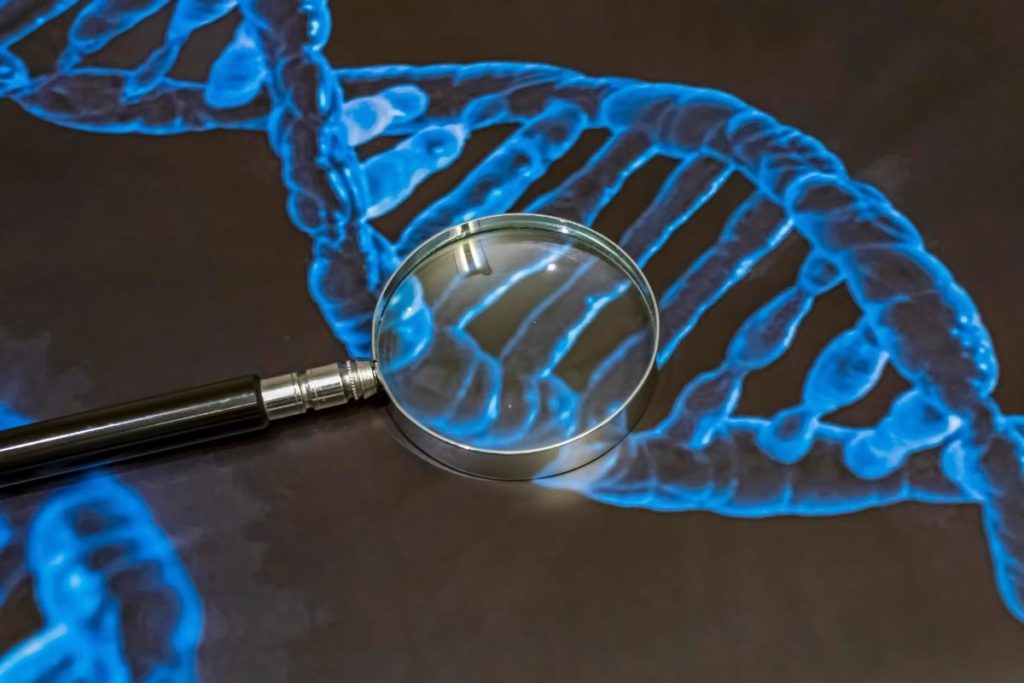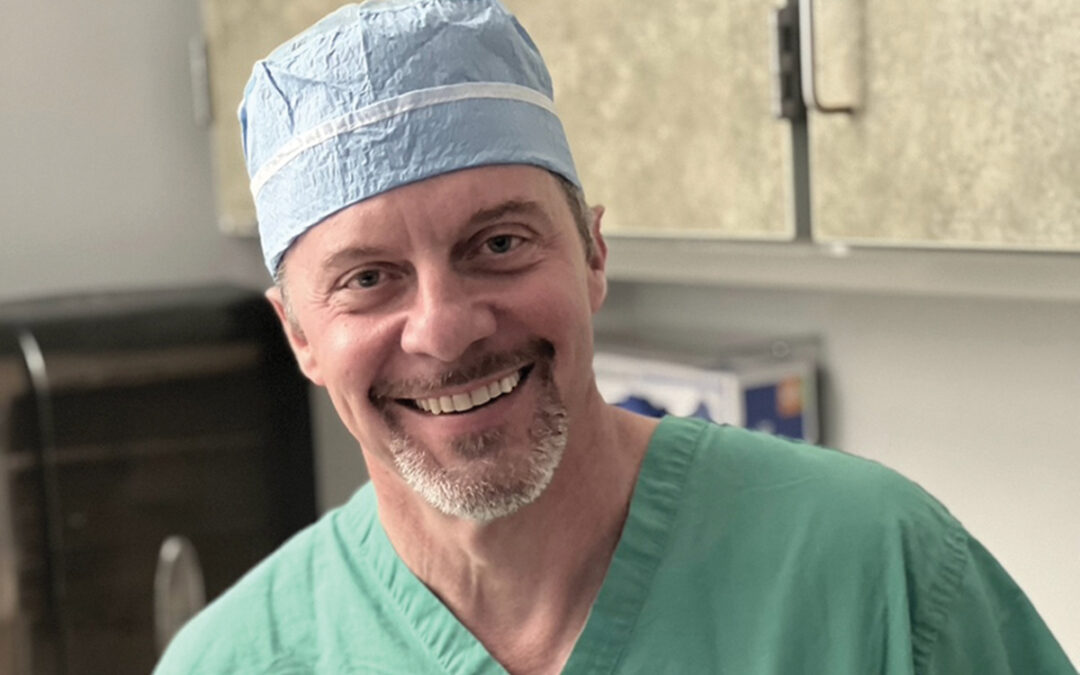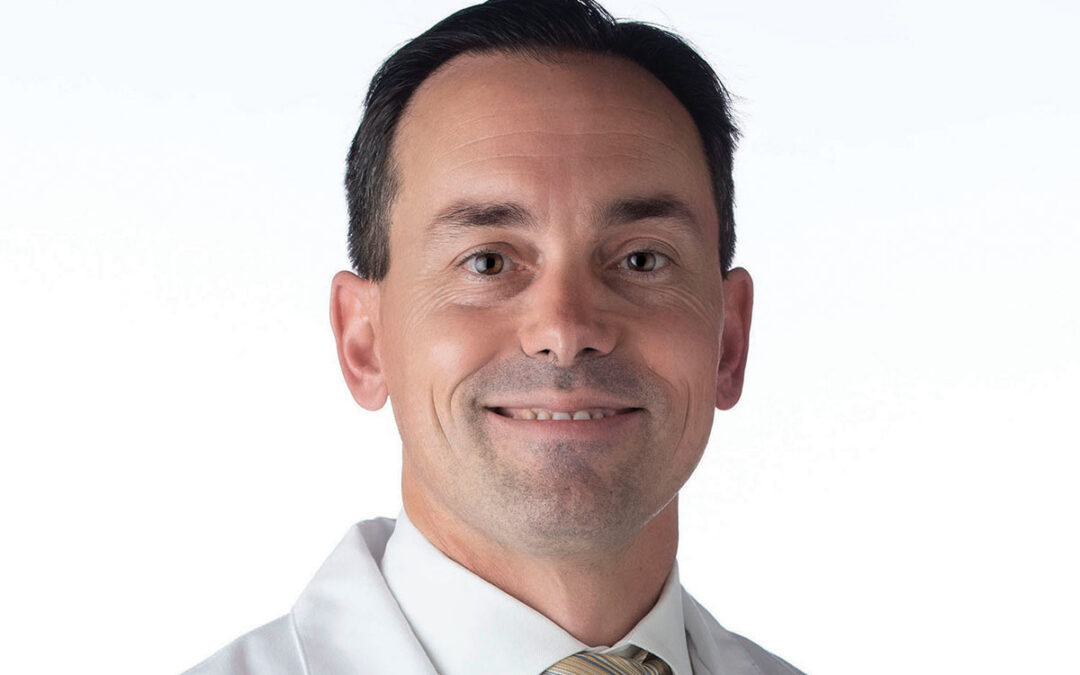Precision Medicine Targets Cancer Treatment at the Genetic Level
By Paul J. Watkins
Cancer is perhaps one of the most feared diagnoses, and according to the American Cancer Society, this year in the U.S., there will be 1,918,030 new cancer cases. The encouraging news is that advances in treatment are a regular occurrence. One of those is called “precision medicine” or “precision oncology.”
“Precision medicine, the way I define it, is anything you can do to help target a patient’s treatment to the patient themselves,” says Melissa Ann Crawley, MD, who is board-certified in internal medicine, hematology, and medical oncology. She is one of the area medical directors at Texas Oncology in San Antonio.
“Sometimes, precision medicine looks at pieces of the tumor’s genetic footprint to help decide whether or not chemotherapy is indicated, such as with breast cancer. That means we may be able to spare a patient the side effects of chemotherapy.
“Other times, it looks to see if there’s a specific treatment type that can be guided toward the genetic expression of a particular tumor, such as with lung cancer. Precision medicine is highly customized to the individual, and in terms of leading-edge therapy, it’s the newest of the new.”
Another important benefit of the precision medicine approach, notes Dr. Crawley, is that it helps identify patients eligible for clinical trials. “We can get these therapies into their hands faster,” she explains, “and we can know as quickly as possible whether or not these therapies are going to have clinical benefits for them.”
The medical oncologist speaks favorably about patient outcomes resulting from precision medicine compared to those from a traditional treatment approach, explaining that side effects from treatment tend to be more readily manageable. She reports fewer patients with treatment-related alopecia, or hair loss, and the incidence of nausea tends to be decreased overall.
Dr. Crawley considers precision medicine the beginning of a renaissance in cancer therapy. She adds, “I fully expect that by the time I’m at the midpoint of my career, we’ll have enough targetable therapies to treat cancers, not just by what they are but by what kind of genes they express, which is a really exciting thing to be able to say.”
She’s passionate about being a medical oncologist and bringing both healthcare and hope to people diagnosed with cancer. “What I love about oncology is that I get to take care of patients whom I adore and work with the best staff in the world,” Dr. Crawley relates. “Everybody at Texas Oncology is working to do the right thing for our patients every day. We make sure that they get to have as many great moments as possible. I tell people that I’m in the birthday business – that it’s my job to make sure that birthdays happen.”
Please email clinic manager Leeann Harris at leeannharris@usoncology.com to make an appointment at Texas Oncology in San Antonio. Learn more at TexasOncology.com. Find additional information about precision medicine at http://texasoncology.com/precision-medicine.











0 Comments